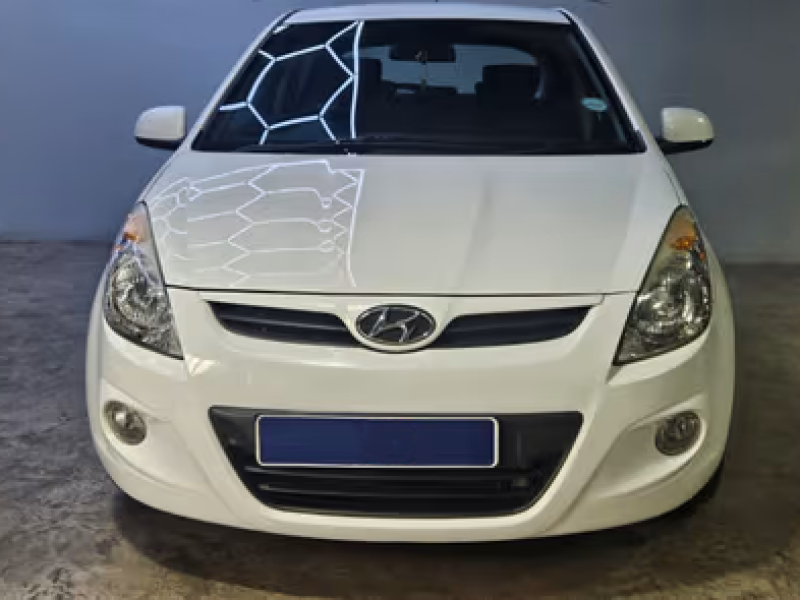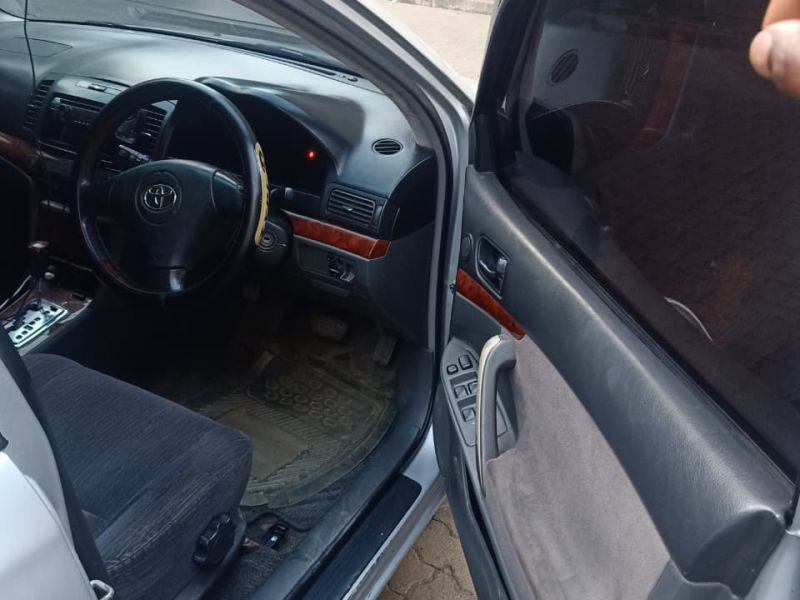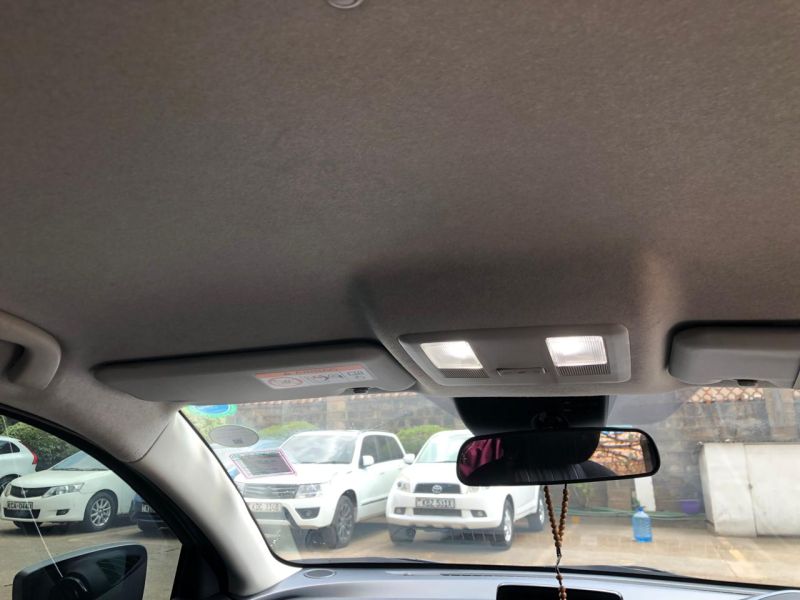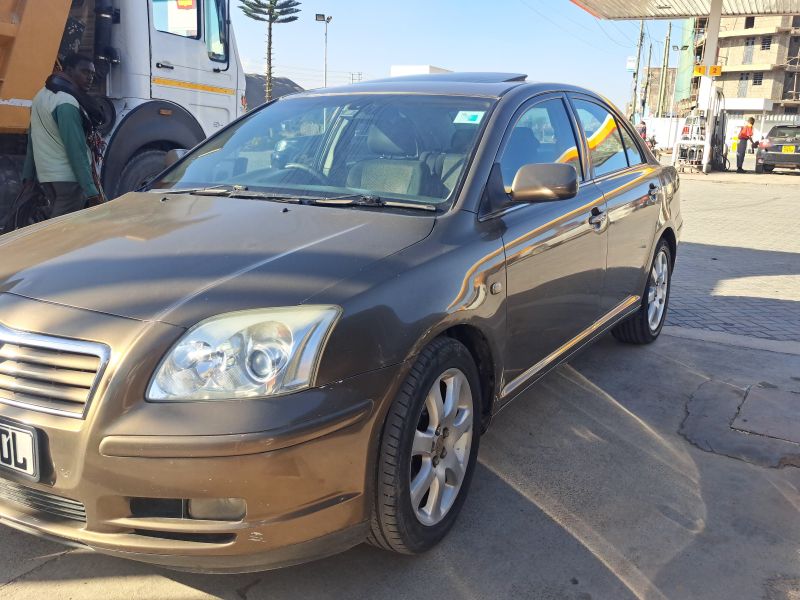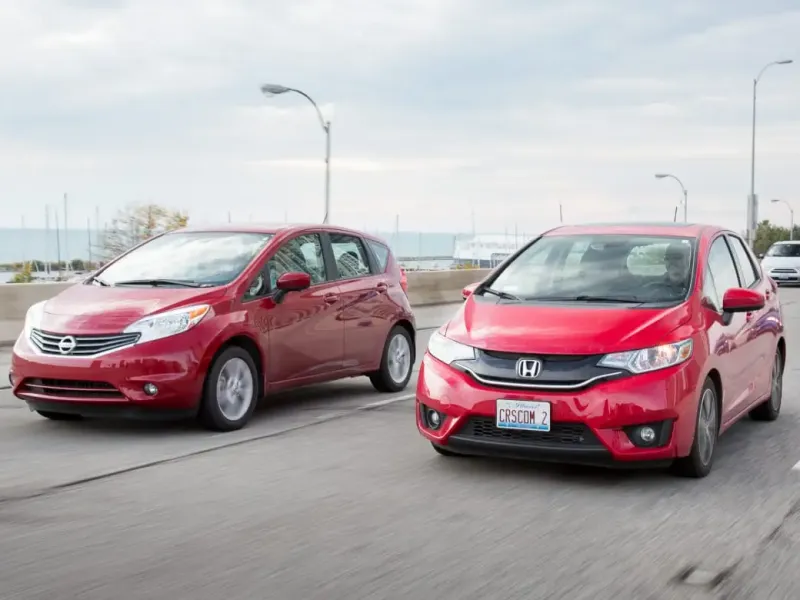
Nissan Note vs Honda Fit in Kenya: Which Hatchback Is Better for You?
So you’re looking for a small, fuel efficient and budget friendly car in Kenya? Two names probably come to mind: Nissan Note and Honda Fit.
No surprise—these two hatchbacks are among the most popular on Kenyan roads. Whether you’re a first time buyer, a city commuter tired of guzzlers or just need a reliable car for Uber or Bolt, both models are worth your attention.
But the big question is — which one should you pick?
Let’s break it down together in a friendly Kenyan-style comparison — with practical examples, pros and cons and some real life driver stories to help you make the best choice.
Engine & Fuel Efficiency: Who’s Winning at the Pump?
Nissan Note
The Note stands out especially because of its e-POWER hybrid system which combines a petrol engine and electric motor to give you great mileage — up to 38.2 km/L. That’s like going from Nairobi to Nakuru and back on just 10 litres of fuel!
You’ll find models with:
- 1.2L Petrol
- 1.5L Petrol
- 1.2L e-POWER Hybrid (the fuel saving champ)
Real Talk: James, a taxi driver in Nairobi, switched from a Toyota Axio to a Nissan Note e-POWER. He says, “I used to fuel for KSh 2,000 a day. Now I fuel for KSh 1,200 on the same routes.” For someone doing daily city rounds, the savings add up fast.
Honda Fit
The Fit also delivers great fuel economy — especially the 1.5L hybrid which can give up to 34 km/L. Even the regular 1.3L i-DSI and 1.5L i-VTEC petrol versions offer good mileage and responsive driving.
Example: Sharon from Nakuru, who uses her Honda Fit for school runs and deliveries, says, “It’s not just the fuel; the engine feels light and zippy and I’ve never had serious repairs in two years.”
Winner: If fuel economy is your top priority, the Nissan Note e-POWER wins. But if you prefer conventional petrol engines with fewer electronics to worry about, the Fit holds its ground.
Boot Space & Practicality
Nissan Note
With 411 litres of boot space, the Note can carry everything from shopping bags to luggage for a family trip. Fold the rear seats down and you’ve got even more room.
Great if you:
- Travel with family
- Move goods regularly
- Need space for groceries or market items
Honda Fit
The Fit has 309 litres of boot space which is smaller — but here’s the magic: its “Magic Seat” system allows you to fold and flip the back seats in several ways. You can carry tall plants, bicycles or bulky items upright in the back seat area.
Pro Tip: The Fit is ideal for those who value smart use of space over pure volume.
Winner: For raw storage space, the Note wins. But for creativity and flexibility, **Fit’s “Magic Seat” is unbeatable.
Interior Comfort & Driving Experience
Nissan Note
- Slightly taller and roomier
- Seats are cushioned, it’s comfy for long drives
- More headroom for taller passengers
Honda Fit
- Compact but cleverly designed
- Interior feels more modern and fun
- Controls are intuitive; great for younger drivers
Driver Experience: Musa, a Mombasa-based delivery driver, owns both cars for his business. “The Note is more spacious and feels higher, good for long deliveries. But my younger staff prefer the Fit — more stylish inside and fun to drive.”
Winner: It’s a draw! Note offers comfort and space, while the Fit gives you design and driving fun.
Maintenance & Spare Parts in Kenya
Nissan Note
- Regular petrol versions are easy to service
- e-POWER hybrid needs a bit more care — fewer garages know how to handle the electric system
- Parts are available, but hybrid components can be pricey if damaged
Honda Fit
- Reliable and durable — known to run for years with minimal issues
- Mechanics across Kenya are familiar with the Fit
- Spare parts are everywhere — from Grogon to Mombasa
Mechanic’s Take: Peter, a Thika Road mechanic, says, “I’ve worked on hundreds of Fits. They’re simple, solid cars. But I avoid e-POWER Notes unless I have the right tools — hybrid systems can be tricky.”
Winner: Honda Fit wins for long-term ease and peace of mind — especially outside Nairobi where hybrid expertise is limited.
Resale Value & Market Popularity
Honda Fit
- Holds value slightly better
- Loved by Uber/Bolt drivers and new car owners
- Faster to sell in Kenya’s used market
Nissan Note
- Still retains value, especially newer models with good condition
- e-POWER may scare off some buyers due to perceived complexity
Buyer Insight: Car dealers along Ngong Road report that Honda Fit sells faster, especially the 1.5L i-VTEC models, while Note buyers are usually looking for lower fuel costs.
Winner: Honda Fit edges out the Note on resale value.
Final Verdict: Which Hatchback Should You Choose?
Here’s the deal:
| If You Want... | Go For... |
|---|---|
| Best fuel economy | Nissan Note e-POWER |
| Easy maintenance & reliable mechanics | Honda Fit |
| More cargo space | Nissan Note |
| Smarter interior layout | Honda Fit |
| Higher resale value | Honda Fit |
| More modern driving feel | Honda Fit |
Bottom Line
Both the Nissan Note and Honda Fit are great hatchbacks for Kenyan drivers. You can’t go wrong — it all depends on what you want.
If you want to save on fuel, especially in this economy, the Note e-POWER is the way to go.
If you want a stress-free ride that will last years with minimal problems, the Honda Fit is your guy.
Still confused? Go test-drive both. Talk to a mechanic. Compare the comfort, handling and space — then decide.
